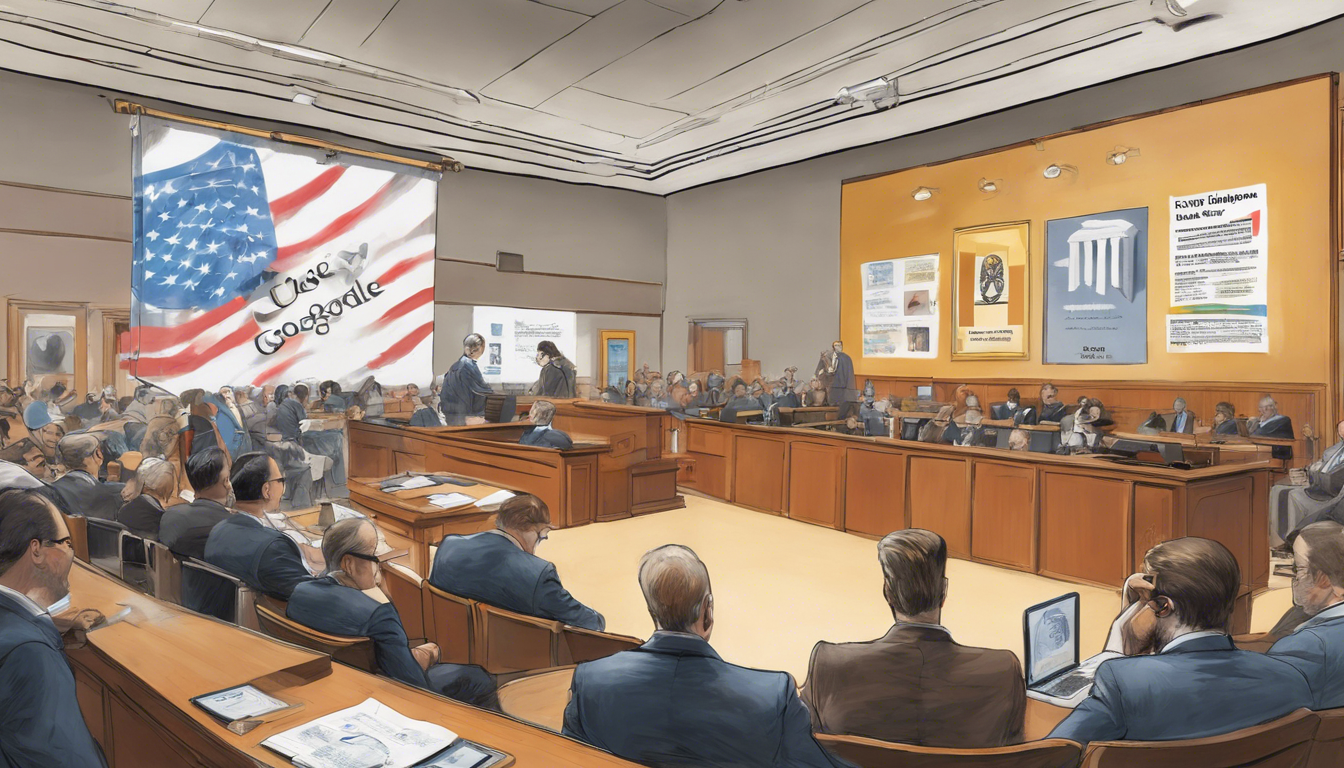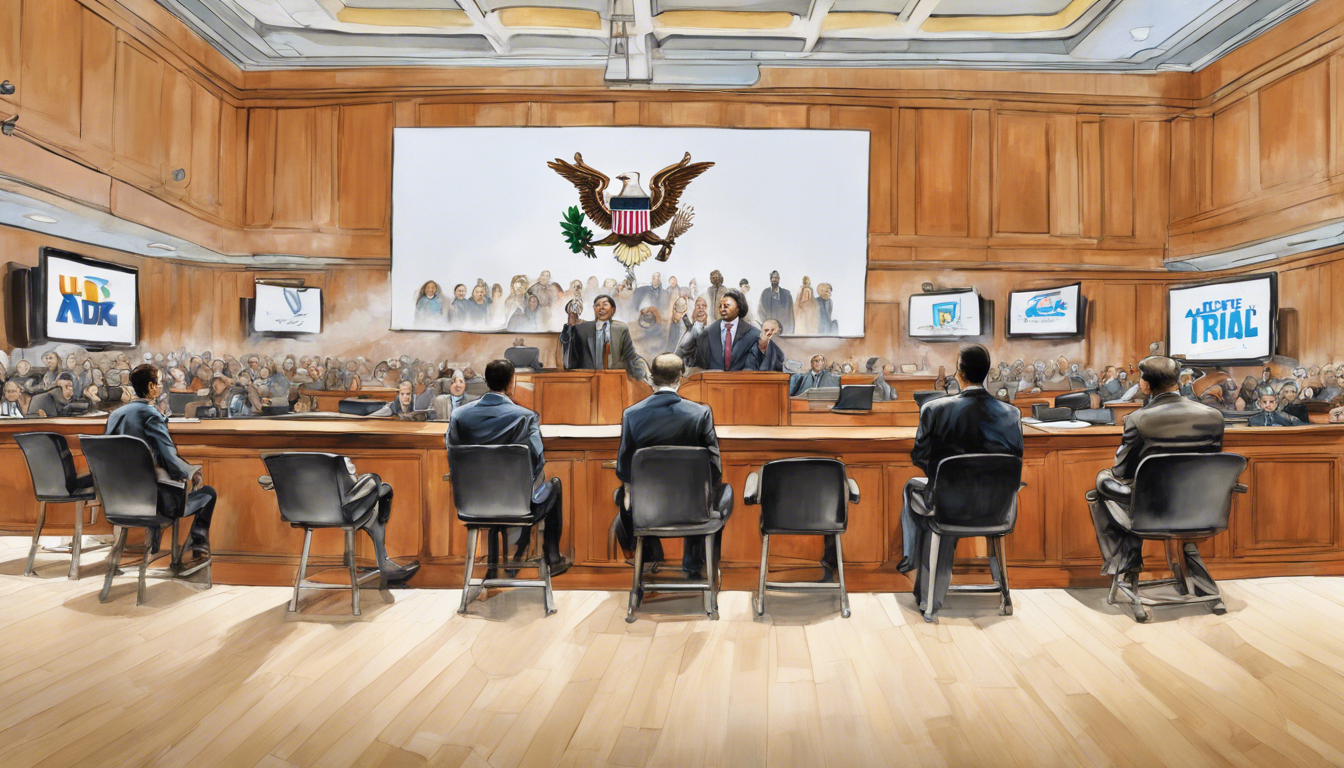
As the digital world continues to grow at a rapid pace, the question of whether Google holds a monopoly in the market becomes increasingly pressing. The U.S. Department of Justice is once again taking on the tech giant with a second antitrust lawsuit, this time centered on its dominance in the area of advertising technology. This legal battle highlights practices deemed anti-competitive by Google, as regulators seek to restore healthy and fair competition in a market that has become sprawling.

Table of Contents
ToggleIs Google a monopoly?
The U.S. Department of Justice takes another step in its fight against what it sees as anti-competitive practices by Google. For the second time, the Mountain View firm finds itself in the sights of U.S. judicial authorities, this time due to its dominant role in the online advertising market. The stakes of this trial could redefine the digital landscape and the way tech giants operate in a competitive system.
A historic verdict precedent
Recently, Google was found guilty of establishing an illegal monopoly in the field of online search. This first trial marked a decisive turning point in the history of one of the major players in tech. Not only was Google accused of using unfair methods to achieve its dominant position, but this verdict could also serve as a basis for the new ongoing trial. This intense struggle highlights the crucial issue of digital sovereignty and fairness in the digital market.
A look at advertising technology
This new trial, taking place over six weeks, especially emphasizes advertising technology. Indeed, the U.S. government is examining how Google controls the mechanisms of programmatic advertising, a fundamental aspect of the online advertising ecosystem. The state’s accusations go as far as claiming that Google manipulates the rules of the game to its advantage, thereby limiting the opportunities for its competitors and distorting competition in the market.
Google’s anti-competitive practices
The government argues that Google’s practices in the field of advertising not only constitute a conflict of interest but also an abuse of its dominant position. By controlling most of the market for the sale and distribution of online advertising, Google seems to suffocate innovation and hinder the emergence of new players. This trial will be crucial in determining whether these concerns are justified and what measures could be taken to restore competitive balance.
The implications of an unfavorable verdict
If the court were to side with the government, the repercussions could be considerable for Google and the entire tech industry. An unfavorable decision could lead to severe sanctions and potentially a restructuring of how Google operates, thus paving the way for more transparent and fair business practices. It could also force other tech companies to reassess their procedures and strategies to avoid finding themselves in a similar situation.
Toward a potential breakup?
Beyond sanctions, this trial raises an even broader question: that of the potential breakup of Google’s advertising empire. As the government seeks to break what it perceives as monopolistic control, this could signify the end of an era for online advertising as we know it. Experts estimate that the consequences of such a breakup could transform market dynamics and encourage diversity among players competing for advertisers.
- Ongoing trial: Second antitrust trial of Google in the U.S.
- Main theme: Focus on advertising technology.
- Accusations: Anti-competitive practices in the market.
- Dominant position: Accusation of abusing position in the advertising sector.
- Duration of the trial: Projections indicate a duration of six weeks.
- Background: Previous conviction for monopoly in online search.
- Market control: Emphasis on the revival of programmatic advertising.
- Potential impact: Risks of breakup of advertising activities.
- Government role: The Department of Justice highlights the need for oversight.
Le monopole de Google plus vulnérable que jamais
— Le Temps (@LeTemps) August 6, 2024
➡️ https://t.co/2ZdoGomgCw pic.twitter.com/QfqGoEnohy











